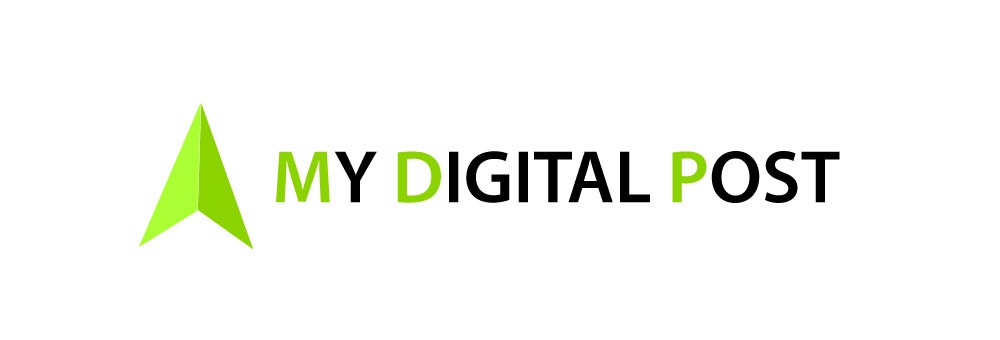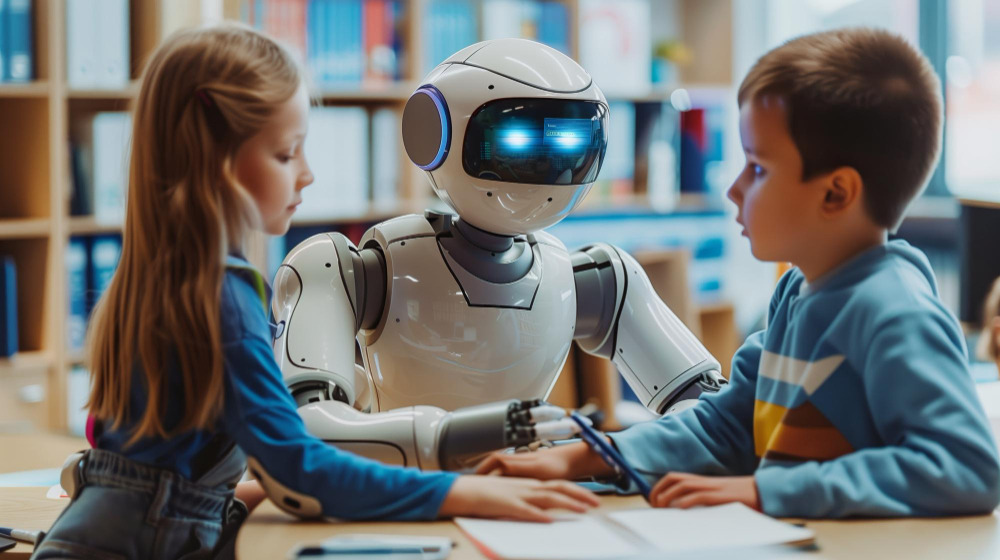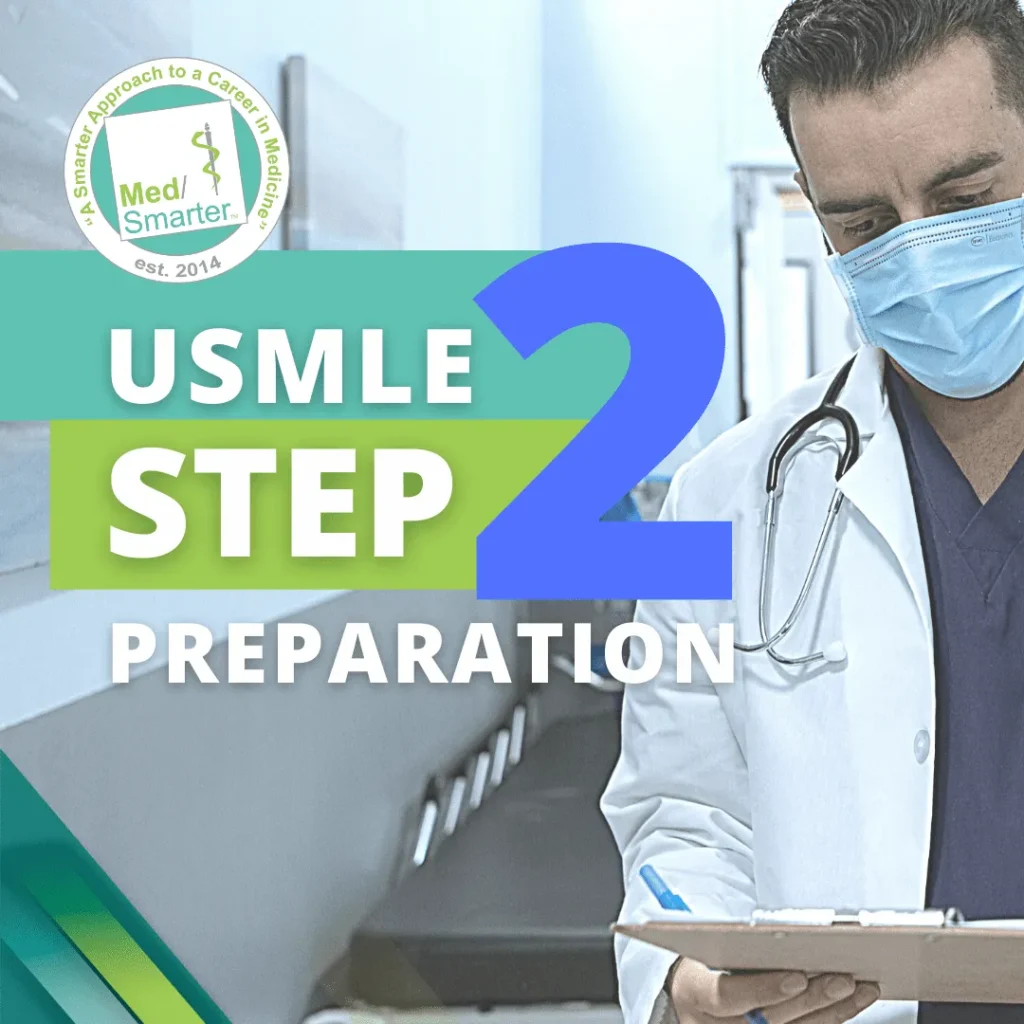Modern learning systems are focusing on the overall development of learners, tutors, and institutions. While the learning content remains the key to the success of any learning or training program, the efficiency of the traditional learning programs fails to cater to modern learner needs. The advancements in technologies like Artificial Intelligence (AI) promise significant benefits to learning solution.
The transformation of learning and teaching solutions by the introduction of artificial intelligence in education is a comprehensive process. This write-up digs deep into the role of AI in education, the main ways in which it changes the learning systems, and the possible challenges in this approach.
AI in Education
To start with, it is essential to understand the role of artificial intelligence (AI) in the education system. Like other modern technologies, artificial intelligence is successfully overcoming the challenges of traditional learning methods. But unlike other technologies, artificial intelligence has a strong impact on learning and training efficiency.
The key aspects covering the use of artificial intelligence in online learning solution cover the following:
Virtual Reality (VR) and Augmented Reality (AR)
The AI-powered VR and AR applications offer highly immersive learning experiences to students. It offers the opportunity to explore concepts in 3D environments for immersive experiences.
Accessibility
The AI-powered learning solutions enable students with different impairments to access learning systems like the general students. AI helps offer support to assistive features, text-to-speech capabilities, and adaptive learning experiences.
Language Learning
The AI-powered language learning platforms use natural language processing (NLP) algorithms to offer interactive language practices. It further pronounces feedback, enhances language learning, and allows conversation simulations.
Virtual Tutoring and Monitoring
The AI-powered tutoring systems offer highly customized assistance to students when accessing the learning systems outside the traditional classroom system. The availability of virtual tutors helps answer difficult questions, offer feedback, and offer detailed explanations.
Ways in which AI in Education is Transforming Learning & Teaching
After having a quick understanding of the artificial intelligence in education, the different ways in which it is transforming the learning solutions cover the following:
Customized Learning Opportunities
Firstly, the use of artificial intelligence in learning programs helps offer highly personalized learning opportunities for institutes. AI algorithms can identify learning patterns by analyzing large student data and offer adaptive content suiting the student’s proficiency levels, preferences, and pace.
This customized learning approach helps promote greater learner engagement and improve the overall learning outcomes. The aim here is to focus on the diverse learning needs. The use of adaptive learning based on artificial intelligence assesses the student’s strengths and weaknesses to dynamically adjust the learning difficulty levels and content accordingly. The use of a feedback loop helps students receive targeted support which promotes mastery of skills and concepts.
A Step-by-Step Guide: How to Use ChatGPT for Businesses Effectively
Improved Teaching Tools
Secondly, the expert learning solutions use the power of the AI-backed tools allowing the trainers to create and deliver learning content efficiently. The most common use cases cover the chatbots and virtual tutors for offering instant assistance to the students when accessing these solutions online.
The teaching tools further answer student queries easily, can explain the learning concepts, and offer additional learning resources easily. The AI-driven content creation tools help trainers to interact easily with the interactive lessons, and offer multimedia materials, and learning simulations to cater to the diverse learning needs of students.
Automated Assessment & Grading
Moving ahead, AI in education opens the opportunities for the use of automated assessments and grading systems. These solutions help evaluate objective tasks like multiple-choice questions and coding assignments with speed and accuracy.
Further, the trainers can focus on enhancing learning efficiency while the redundant tasks of the assessment and grading are powered by AI only. Educators get a chance to spend more time on student development and offer qualitative feedback. Hence, the overall meaningful interaction between the student and trainers significantly becomes fruitful.
Power of Data-driven Insights
The dedicated online learning solutions help unlock the power of data-driven insights on student behavior and performance. The data for dedicated insights can be collected from different sources covering student assessments, interactions, and learning activities.
AI can use data from these resources to identify trends, prescribe interventions, and predict learning outcomes to support students proactively. It becomes easy for policymakers, administrators, trainers, and other learning stakeholders to make data-informed decisions for improving educational policies and practices.
AI in Education- Possible Challenges
Moving ahead, after going through the transformation offered by artificial intelligence in the learning and training sector, it is vital to understand that AI in education is not free from possible challenges and ethical implications.
Student Data Privacy Issues
Firstly, the privacy concerns related to the use and collection of student data in modern learning systems. The rising data privacy attacks make student details vulnerable to unethical use.
Hence, it is vital to focus on the implementation of strict data security standards when using digital learning solutions.
Bias in Customized Learning Recommendations
Secondly, artificial intelligence-based algorithms usually create bias in offering customized learning recommendations. This is due to the limited database on which algorithms are trained to offer these recommendations.
Hence, modern learning solutions need to use updated algorithms when implementing artificial intelligence in education. It can be supported by introducing a feedback loop into the system for consistent training of the AI-based algorithms.
Increased Divide in Access to Learning Systems
Thirdly, not all learners have the same access to digital advancements like artificial intelligence-based learning. It leads to the creation of a large digital divide between the audience which inhibits the inclusivity in the learning.
Hence, it is important to ensure the use of the adaptive and available artificial intelligence tools when focusing on inclusive and diverse learning environments.
Risk of Dehumanization of Learning
Last but not least, the rising use of artificial intelligence in education brings the fear of dehumanization of the learning environments. Artificial intelligence brings the benefits of teaching but it fails to replace the detailed empathy, creativity, and understanding of learners as bought by human teachers.
Hence, it is vital to ensure that there remains a right balance between the use of advanced technology and human intervention for enhanced learning efficiency.
AI in Education- Future Implications
Towards the end, the future aspects of artificial intelligence in education are promising.
The innovations and transformations in education are best offered by the use of artificial intelligence. It is the technology of the future with promising results in the education sector for enhanced learning efficiency and learner satisfaction.
The advancements in artificial intelligence aspects like adaptive technologies, machine learning, and natural language processing (NLP) refine the learning experience. These advancements help online learning solutions offer customized learning experiences and sophisticated forms of feedback and assessments.
The evolution of AI is set to transform AI-driven educational platforms by offering smooth integration of emerging technologies like augmented reality and virtual reality. It not only leads to immersive learning experiences and intelligent tutoring systems.
Key Takeaways
Artificial Intelligence is unarguably changing the landscape of education with the multi-dimensional benefits to learning solution providers, students, and trainers. Some of the noteworthy observations cover the following:
- AI in education enhances student outcomes and teaching efficiency.
- The different ways in which AI in education revolutionizes the learning and teaching endeavours cover customized learning, improved teaching tools, automated assessments, and data-driven insights,
- The key concerns related to the implementation of AI in education cover privacy, dehumanization of the learning process, and preserving human intervention.
- The advancements in artificial intelligence technologies like adaptive technology, machine learning, and natural language processing hold tremendous potential for innovations in learning.
When harnessing the potential of AI in education properly, it is easy to offer an equitable, effective, and engaging learning landscape for preparing students for future challenges.














